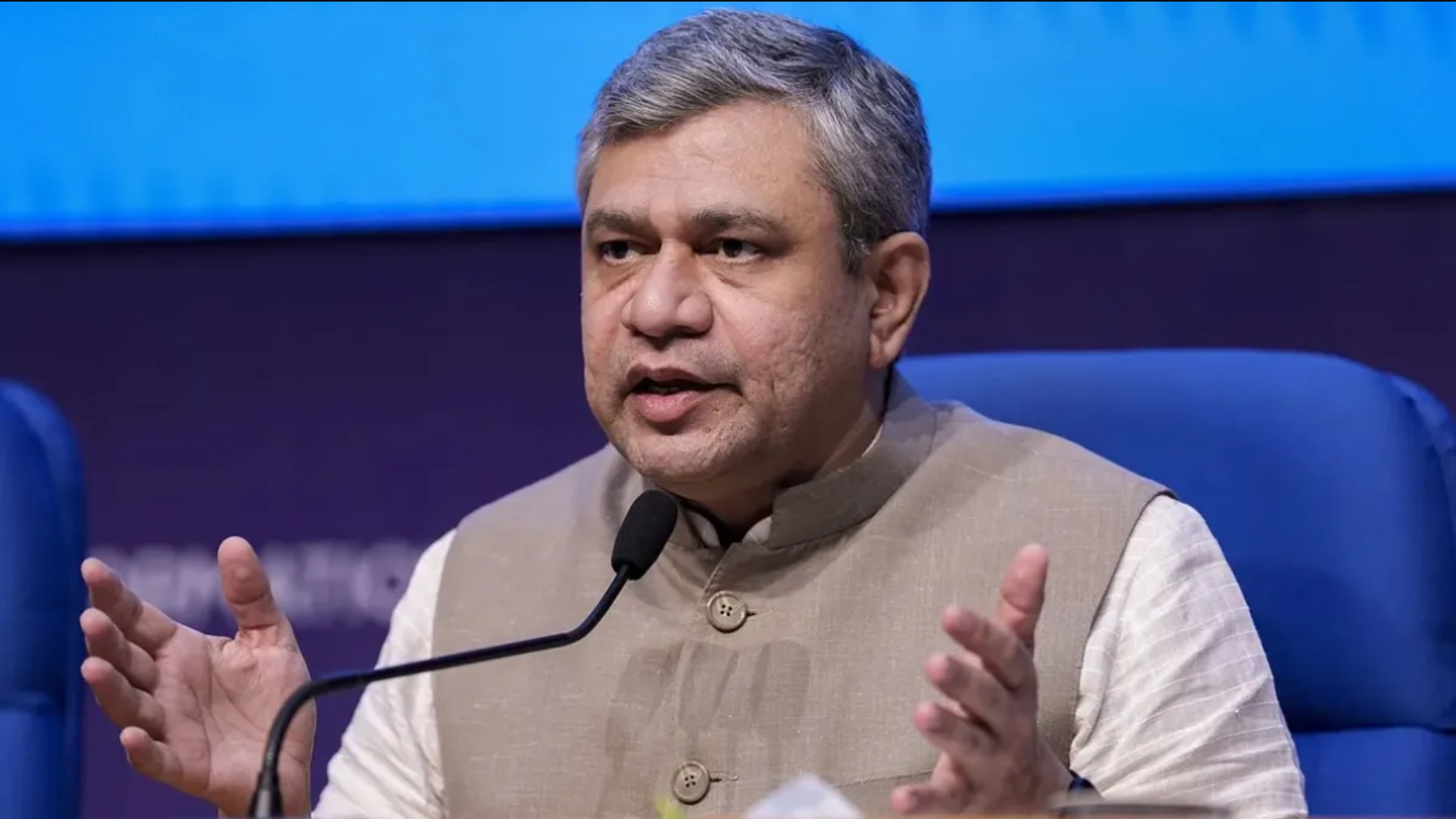Railway Minister Ashwini Vaishnaw informed the Rajya Sabha on Friday that feasibility studies for the development of high-speed rail corridors have been initiated by the railways on three Golden Quadrilateral routes: Delhi-Kolkata, Delhi-Mumbai, and Mumbai-Chennai.
The minister said that the studies are being carried out by the National High Speed Rail Corporation Limited (NHSRCL) in collaboration with foreign consultants. He added that the studies are expected to be completed by the end of 2024.
The Golden Quadrilateral is a national highway network connecting several major industrial, agricultural and cultural centres of India. It forms a quadrilateral with all the four major metro cities of India forming the vertices, viz., Delhi (north), Kolkata (east), Mumbai (west) and Chennai (south).
The project was launched in 2001 and was completed in 2012. It is the largest highway project in India and the fifth longest in the world. It consists of two, four, and six-lane express highways, built at a cost of ₹600 billion (US$7.5 billion).
The minister said that the railways have also prepared detailed project reports (DPR) for the establishment of high-speed rail (HSR) corridors on seven routes, which include Delhi-Varanasi, Delhi-Ahmedabad, and Delhi-Chandigarh-Amritsar.
He said that the DPRs have been submitted to the Ministry of Railways for approval and further action. He also said that the railways are exploring various options for financing the HSR projects, including multilateral funding, public-private partnership, and government-to-government cooperation.
The minister said that the development of HSR corridors will boost the economy, generate employment, reduce travel time, enhance safety, and promote regional integration.
He said that the railways are committed to provide world-class transport infrastructure and services to the people of India.



